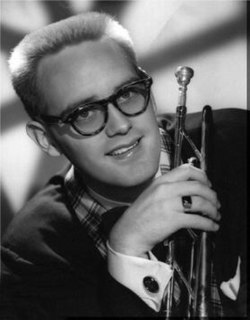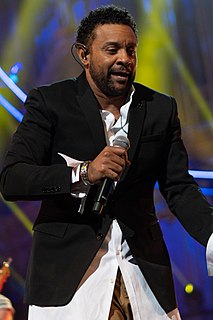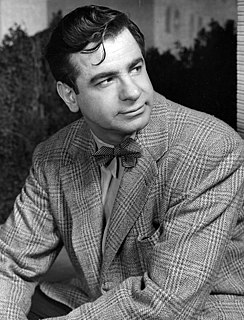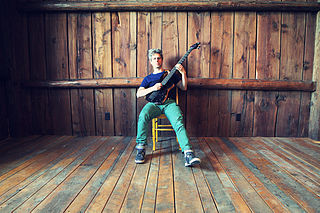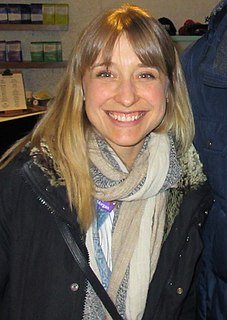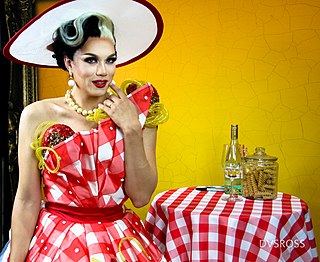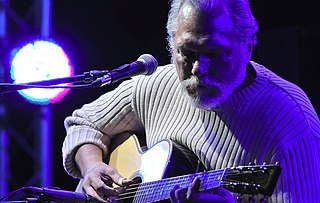A Quote by Charlie Parker
I could hear it sometimes, but I couldn't play it. I'd been getting bored with the stereotyped changes that were being used. I found that by using the higher intervals of a chord as a melody line and backing them with related changes, I could play the thing I'd been hearing.
Related Quotes
They would always be a family, but if she'd learned anything in the past few weeks it was that a family wasn't a static thing. There were always changes going on. Like with continents, sometimes the changes were invisible and underground, and sometimes they were explosive and deadly. The trick was to keep your balance. You couldn't control the direction of your family any more than you could stop the continental shelf from breaking apart. All you could do was hold on for the ride.
Instead of thinking in terms of chords, I think of voice-leading; that is, melody line and bass line, and where the bass line goes. If you do that, you'll have the right chord. [These voices] will give you some alternatives, and you can play those different alternatives to hear which one suits your ear. Keep the bass line moving so you don't stay in one spot: if you have an interesting bass line and you roll it against the melody, the chords are going to come out right.
I could play a cop, I could play a crook, I could play a lawyer, I could play a dentist, I could play an art critic-I could play the guy next door. I am the guy next door. I could play Catholic, Jewish, Protestant. As a matter of fact, when I did The Odd Couple, I would do it a different way each night. On Monday I'd be Jewish, Tuesday Italian, Wednesday Irish-German-and I would mix them up. I did that to amuse myself, and it always worked.
A lot of it starts with playing instruments and working with other people. Some of the new generation is doing it on computers and they don't have a clue as to how to play anything. That's probably one of the problems. They don't know how to make the melody, go through the chord changes. They're not starting from that same school of thought.
I never heard anything so brilliant in my life as I did that first time I heard Ornette. He played like some revolutionary angel. Soon, we were rehearsing in his place, music scattered everywhere, and he was telling me to play outside the chord changes, which was exactly what I had been wanting to do. Now I had permission.
We were on a tour, and there were some chord formations that were tough for me to play when I was a kid...it had become apparent that there was some stuff I wanted to do that [would require me] to learn how to do that. So I wrote the song and used some of these chord formations so I would have to play them. I thought it would be a great teaching vehicle for a while, and it was, but it ended up as a performance song.

